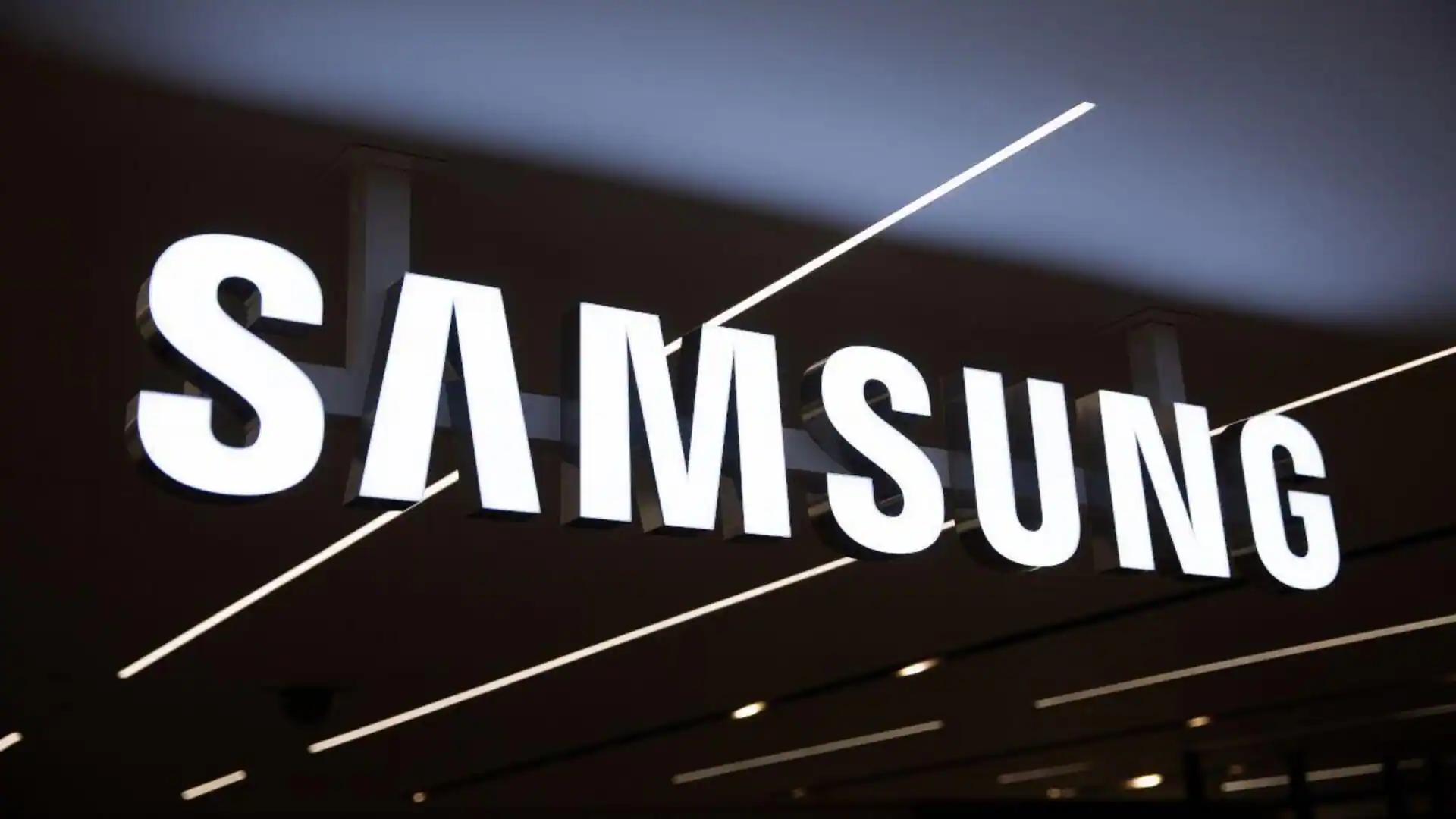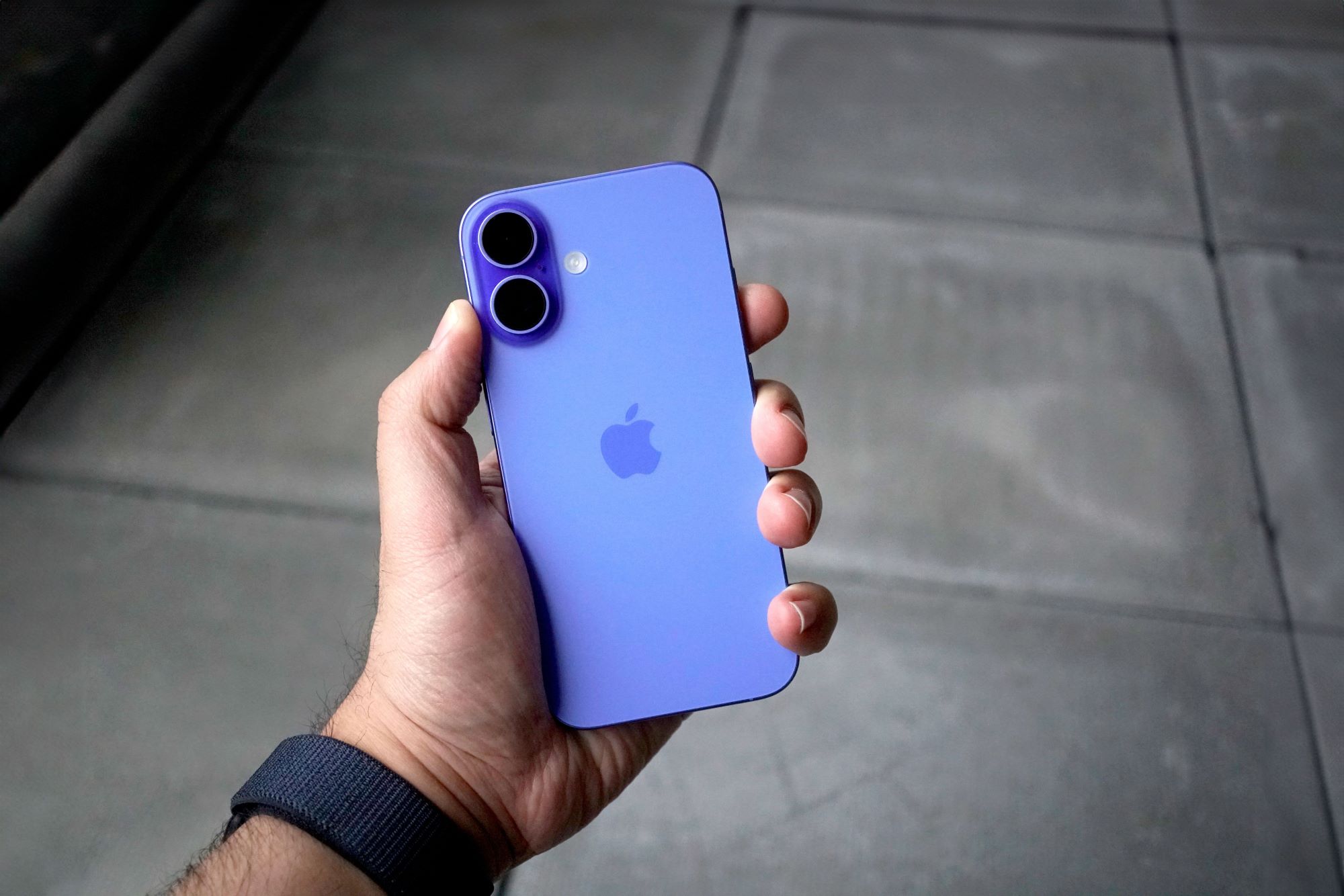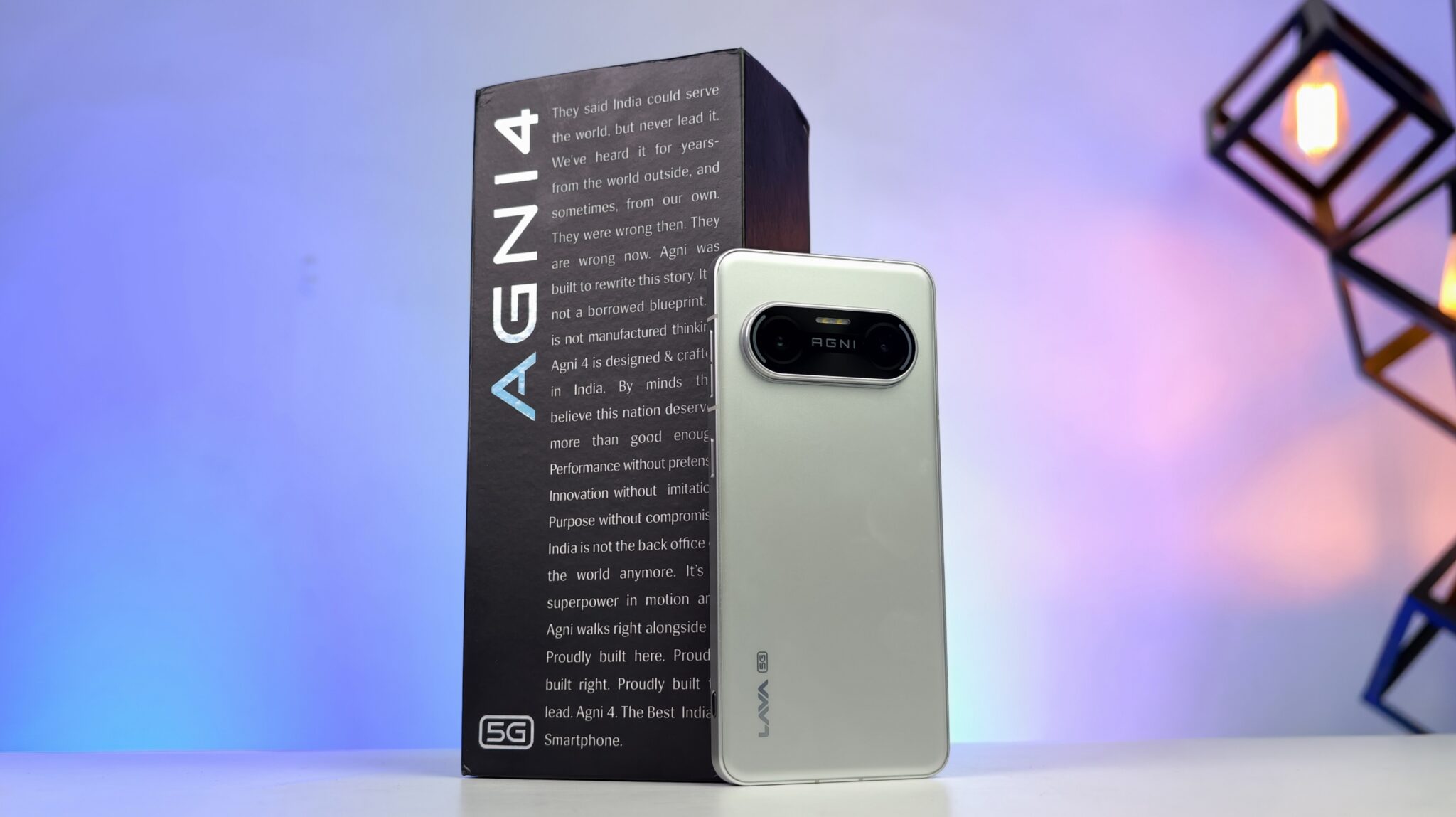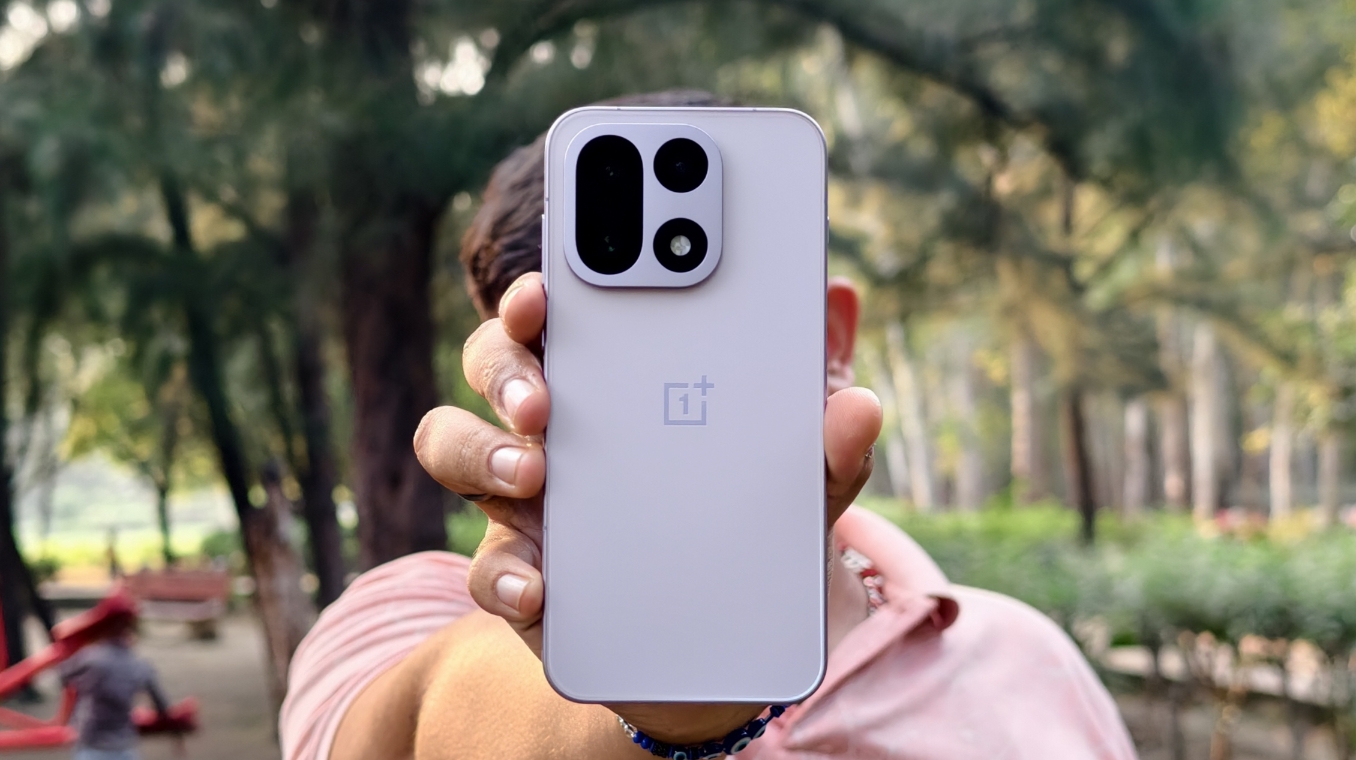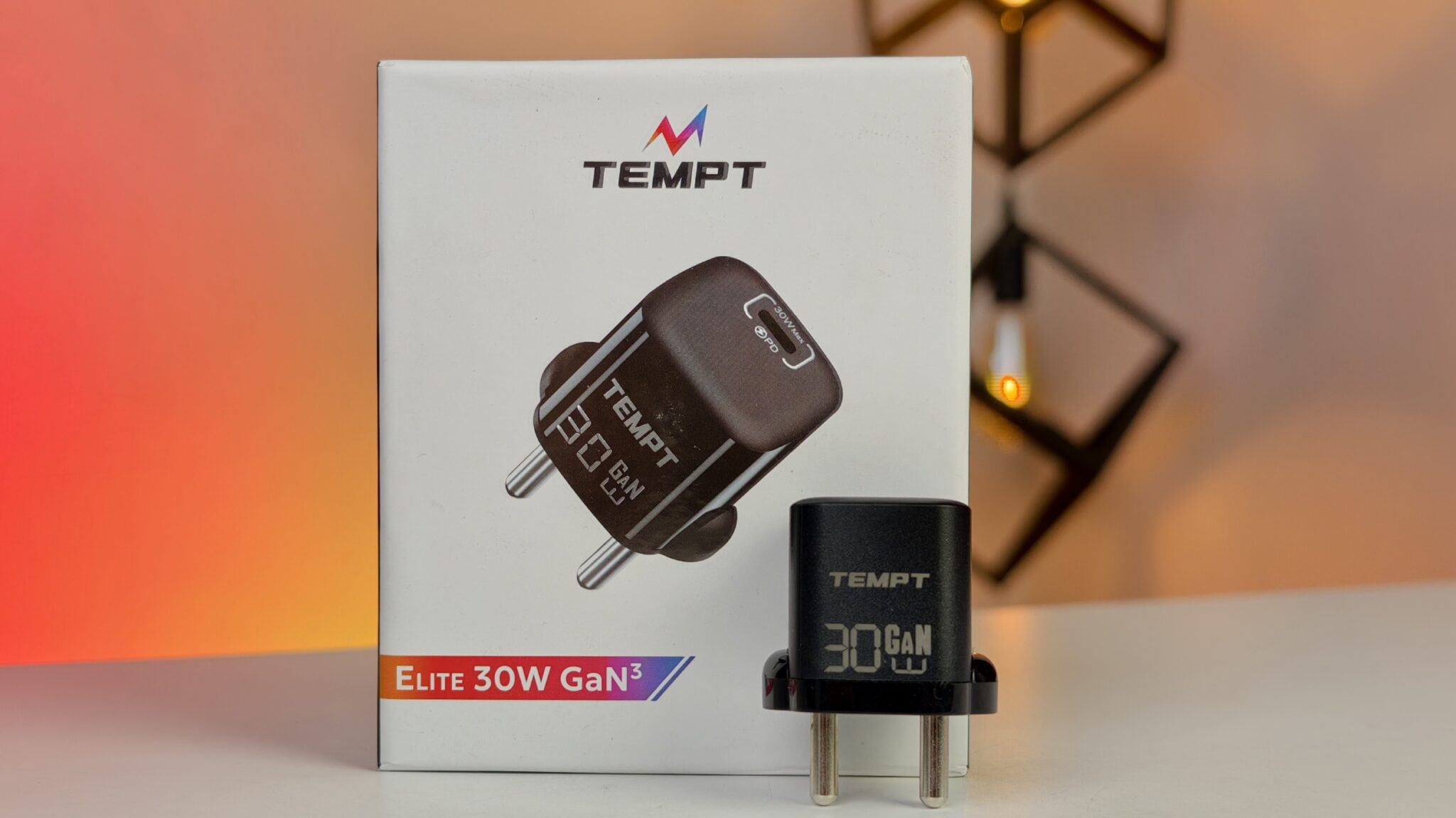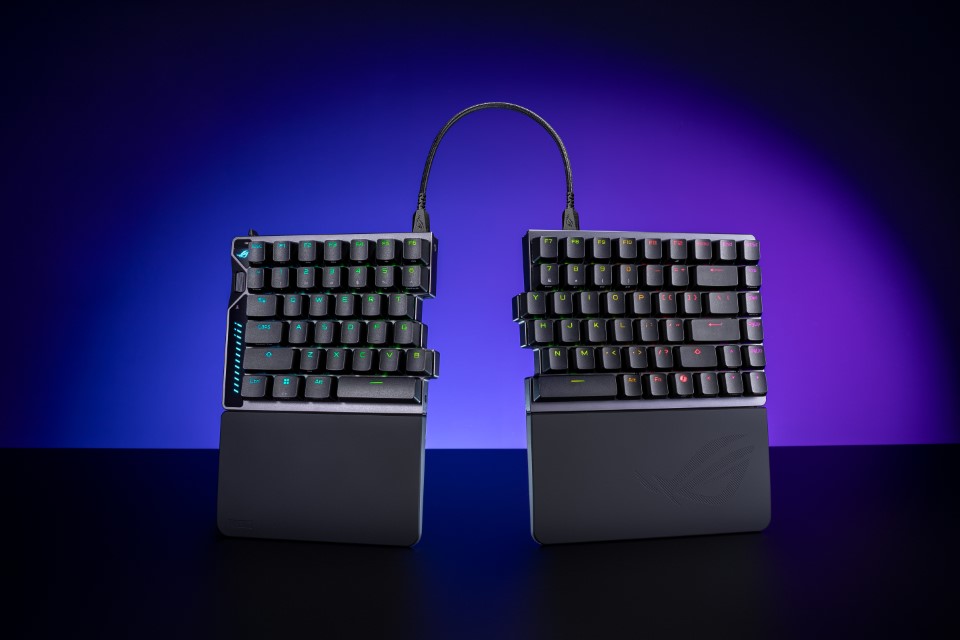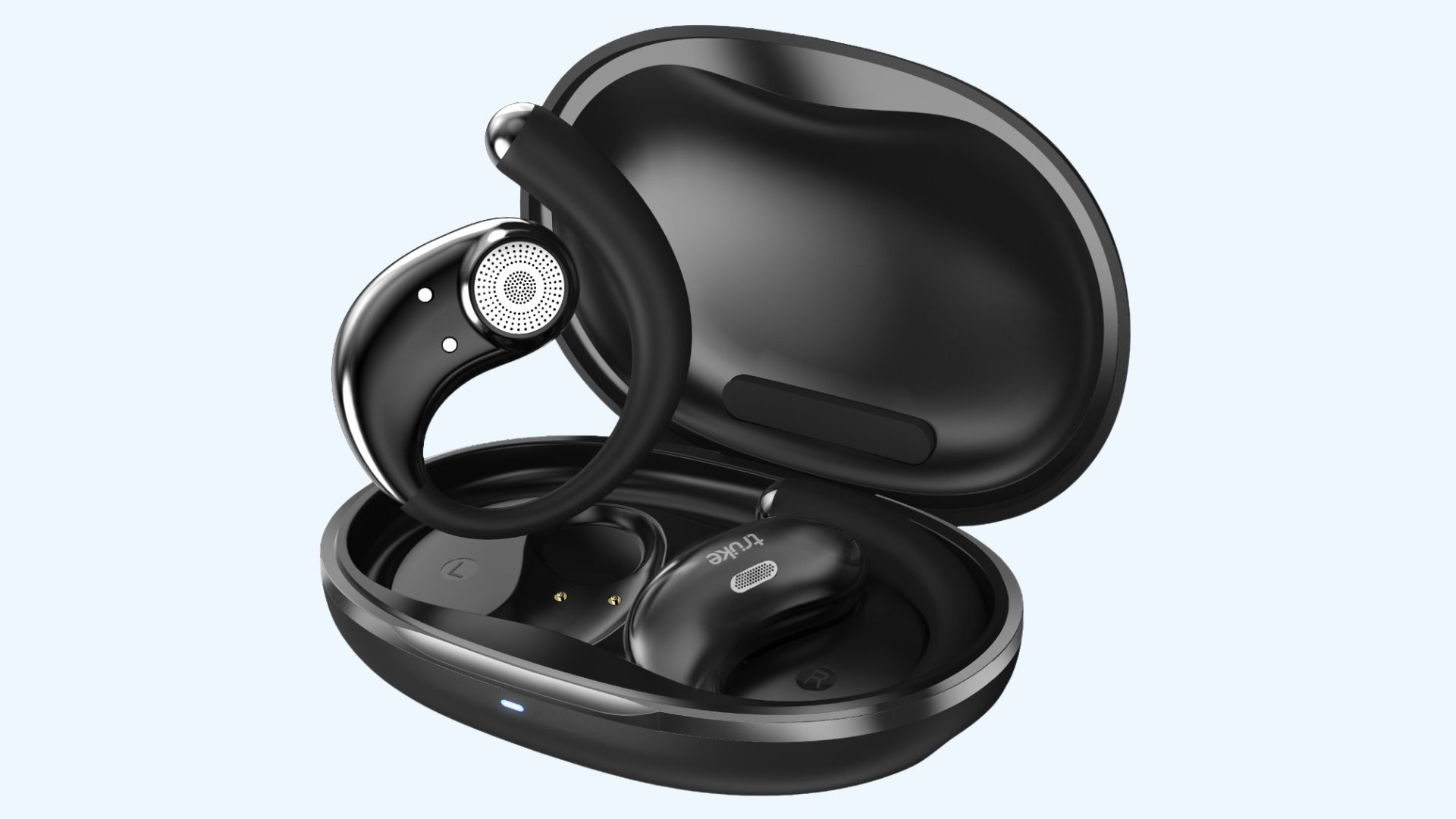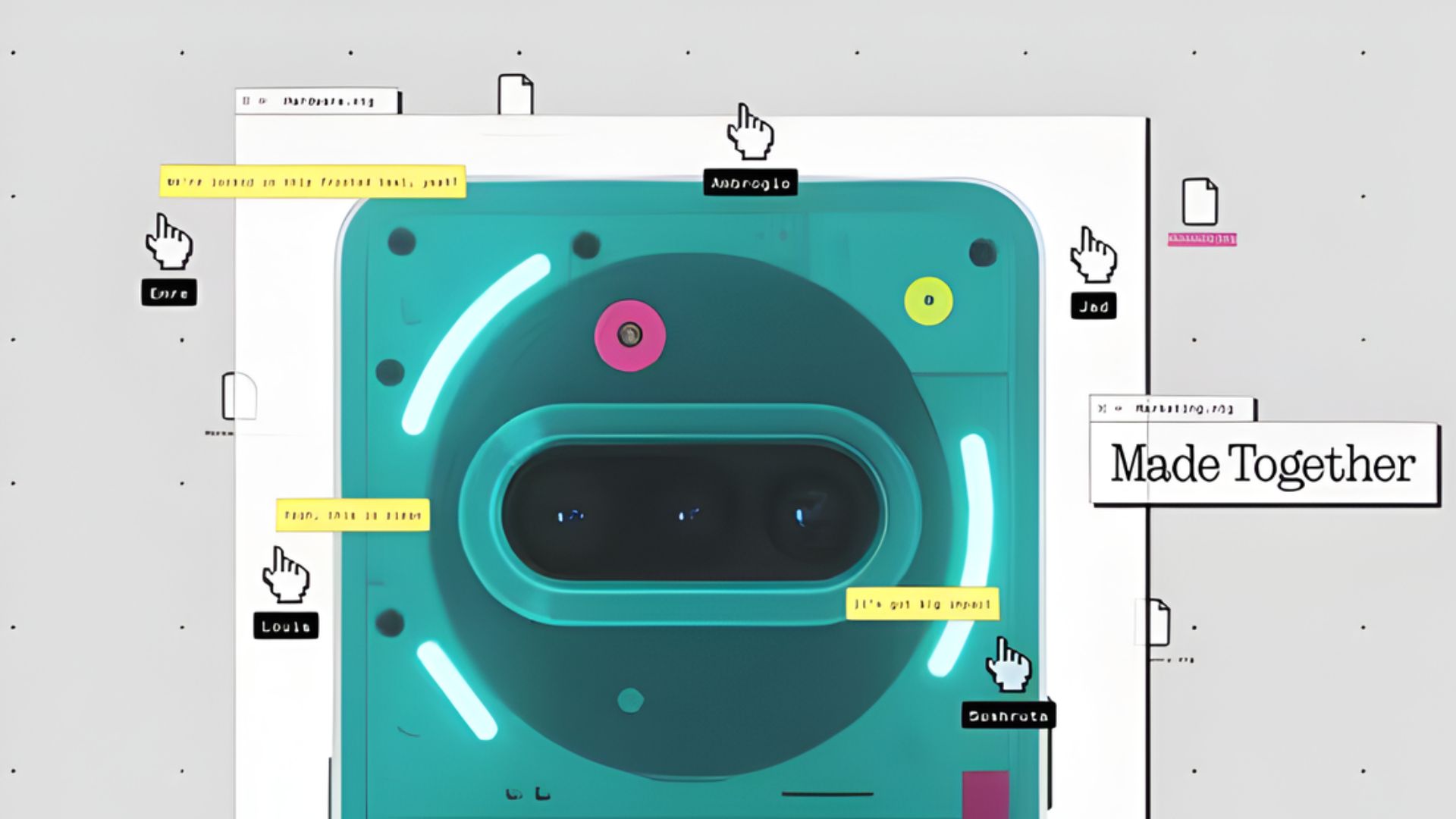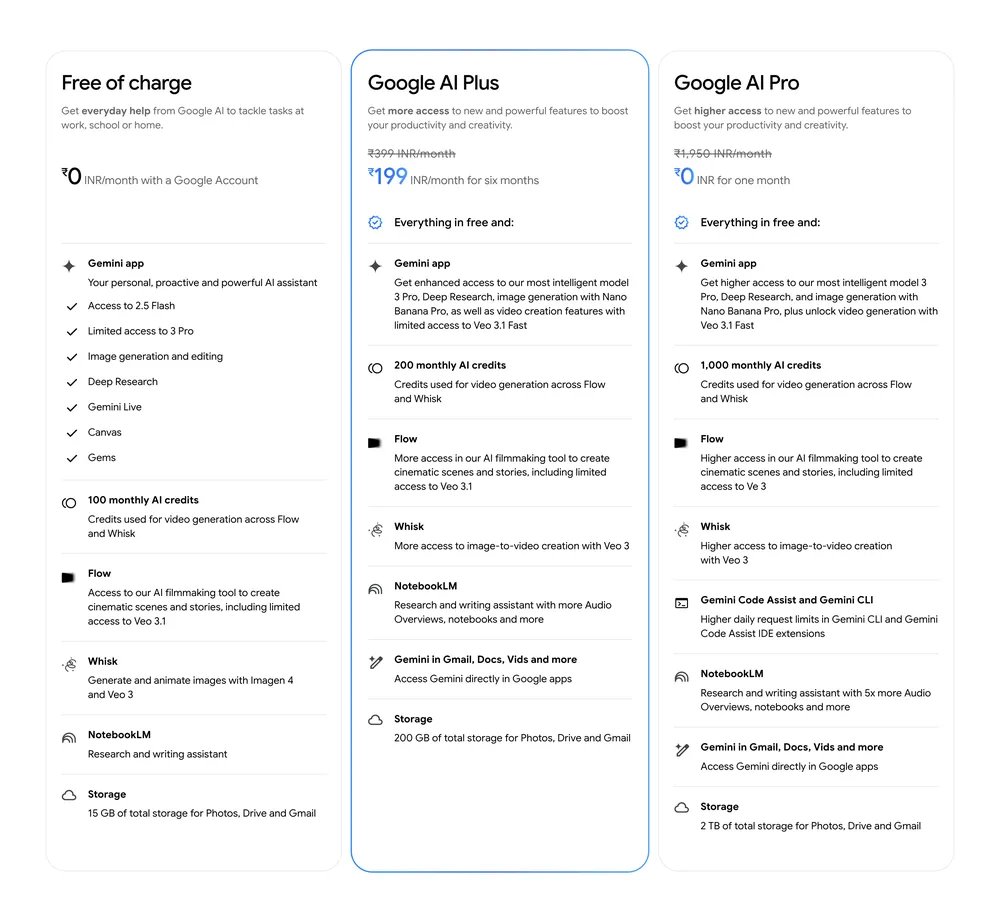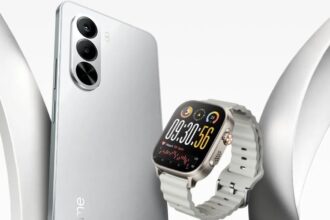There’s growing chatter in the tech world suggesting Samsung might be gearing up for a substantial shift in its AI game plan. The company is reportedly in advanced talks with Perplexity AI—a rising star in the AI search space. If things go through, this partnership could mean Samsung’s future smartphones, including the anticipated Galaxy S26, may ship with Perplexity’s cutting-edge AI search tech deeply embedded.
A New Chapter for AI on Samsung Devices
Samsung has long leaned on Google to power its AI experiences—especially with its Galaxy AI suite built on Google’s Gemini models. But this potential deal with Perplexity hints at a broader strategy: one that seeks to reduce reliance on Google and diversify its AI partnerships. And if the rumors hold true, this would be the largest mobile deal yet for Perplexity, following its recent integration with Motorola.
Sources close to the talks say negotiations are fairly advanced. Several core ideas are reportedly on the table:
- Preloaded Access: Perplexity’s app and assistant might come preinstalled on new Samsung devices.
- Browser Integration: Its search features could be embedded directly into Samsung’s web browser.
- Bixby Upgrade: Perplexity tech might even make its way into Bixby, Samsung’s often overlooked virtual assistant.
- Strategic Investment: Samsung is expected to play a key role in Perplexity’s next fundraising round, which aims to bring in $500 million at a valuation of around $14 billion.
An official announcement could arrive before year’s end. If that happens, expect to see Perplexity as a default assistant option on the Galaxy S26, slated for a launch sometime in the first half of 2026.
Why Perplexity? What Sets It Apart
Perplexity isn’t just another search engine. It sets itself apart by offering direct, citation-backed answers to user queries. Rather than firing back a list of blue links, it pulls from reliable sources across the web and presents summarized responses with references. For anyone tired of sifting through pages of search results, this is a refreshing approach.
Here’s why Samsung might see real value in this tech:
- Smart Language Processing: Perplexity gets nuance. It interprets phrasing and intent instead of just matching keywords.
- Transparent Sourcing: You can actually see where the answers come from—news sites, journals, or trusted platforms.
- Real-Time Results: It fetches information live, so the content is always up to date.
- Conversational Follow-Ups: It handles follow-up questions fluidly, creating a more natural, back-and-forth search experience.
In an increasingly competitive smartphone market, this kind of robust and verifiable AI search tool could be a powerful selling point for Samsung.
Samsung’s Expanding AI Vision
It’s important to note that Samsung’s current AI offerings, like Circle to Search and generative photo editing, are still deeply tied to Google’s Gemini platform. Partnering with Perplexity wouldn’t necessarily signal a split—more likely, it points to a broader ecosystem strategy. Samsung appears to be leaning into a more modular approach, much like Apple reportedly is, tapping into different AI providers depending on the feature or use case.
Interestingly, discussions between Samsung and Perplexity have even touched on more ambitious ideas. There’s talk of creating an AI-native operating system and a dedicated app for AI agents. If pursued, this would mark a deeper AI integration—not just a surface-level feature but something foundational to how Samsung devices operate.
What It Could Mean for Users
For everyday users, having Perplexity built into their Samsung phone might change how they interact with their devices. Search could become quicker, more reliable, and frankly, a little less frustrating. Instead of bouncing between sites, users might get a solid answer right away, complete with citations for peace of mind.
Zooming out, this could shake things up in the mobile tech world. If Samsung embraces alternative AI assistants by default, it might encourage other manufacturers to rethink their own strategies. That could spur a new era of AI-driven experiences on mobile—more personalized, more useful, and potentially more transparent.
The AI race in mobile is just getting started, with more AI-enabled phones projected to hit the market in the coming years. Features like predictive battery management, smart recommendations, and next-gen photography are no longer nice-to-haves—they’re becoming essential. If Samsung does ink this deal, it might be a bold step toward setting the pace in this fast-evolving space.
Talks between the two companies have reportedly intensified, with recent meetings held in South Korea suggesting a deal is within reach. If finalized, this partnership could be one of the more defining moments in Samsung’s AI evolution—perhaps even reshaping what users expect from AI on mobile altogether.


